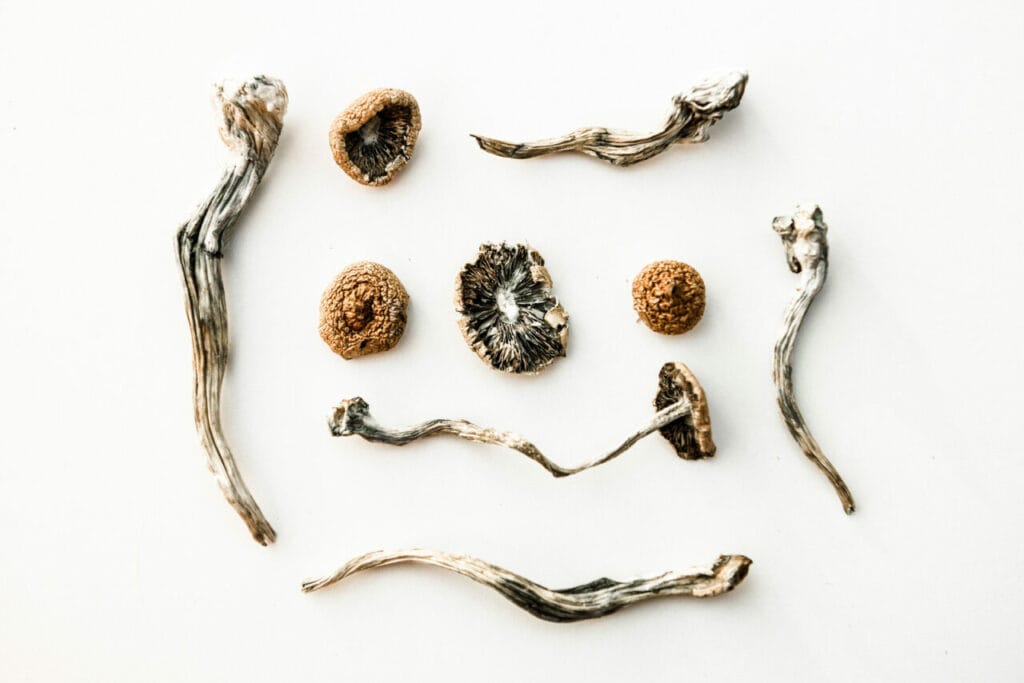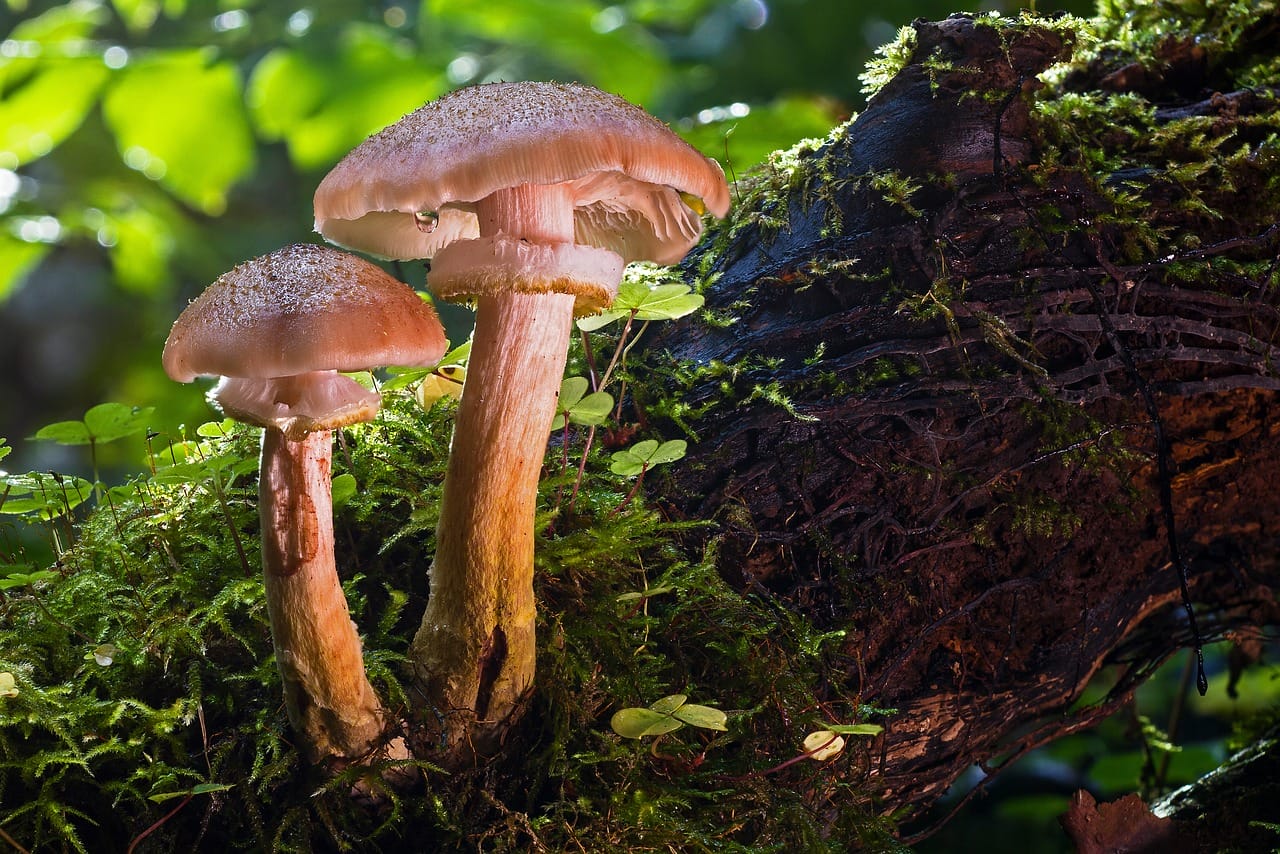At first, many people in Canada viewed magic mushrooms primarily as a recreational psychedelic substance. But scientific research began revealing that psilocybin, the active ingredient, is remarkably effective at treating various mental health issues.
As more information arises, our understanding of psilocybin’s uses continues to evolve. The more people know about it, the easier it is to obtain these products through magic mushroom delivery services. A recent study underlines its influence on human consciousness. Could this be the key to its significant impact on the human brain? Let’s dive into this fascinating journey into the world of magic mushroom products.
Key Points:
- Magic mushrooms have historically impacted human cognitive functions, aiding in our survival.
- Mushrooms play a crucial role in neurological health due to their capacity to reduce symptoms of PTSD, depression, and anxiety.
- The impact of psilocybin on consciousness and brain function may have boosted creativity, introspection, and abstract thinking.

Magic Mushrooms: Historical Use and Significance
Historical evidence shows that our ancestors have been utilizing the power of psychedelic magic mushrooms since the olden days. Indigenous societies used them in sacred rituals and traditional ceremonies to honor their gods. These mushrooms grow worldwide, especially in subtropical and tropical areas, including South and Central America, the Caribbean, Southeast Asia, and Africa.
Mushrooms in Ancient Civilizations
Mexico’s Indigenous communities have relied on these fungi for spiritual insight, divine connection, and religious ceremonies since ancient times. The Aztecs of South America referred to them as “God’s Flesh”, incorporating them into healing rituals.
Archaeological discoveries suggest usage dating back to:
- Almost 10,000 years ago in Australia
- Roughly 7,000 years ago in North Africa
- About 6,000 years ago in Spain.





